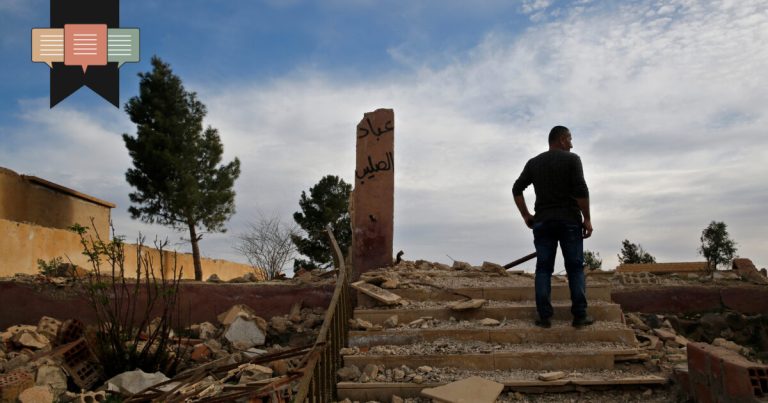At almost every restaurant in the United States, Christians can pray a prayer of thanks before their meal. Their religious freedom is protected by law. Many even meet in groups at coffee shops to do their Bible studies, sometimes on a weekly basis. They can publicly and openly express their devotion to Christ, without question. It is normal to see Christ’s followers gathering in parks to sing Christian songs and even preach the Good News of Christ.
Any of these actions can lead to death in other parts of the world, while Christians face horrors and severe persecution.
In a recent Open Doors Global Watch List, a report lists 50 countries “where Christians face the most extreme persecution.”
In 2023, approximately 5,000 Christians have been killed and 300,000 displaced simply because of their adherence to Christianity. These figures, the report insists, are “absolute minimum” figures, and the reality could be much higher. In the same year, around 4,000 Christians were kidnapped and 15,000 churches attacked or forced to close. The attacks not only target Christian churches, but also damage Christian homes and properties. More than 21,000 Christian homes were attacked and more than 5,000 stores and businesses were assaulted. Overall, the report summarizes data on persecution, indicating that one in seven Christians are persecuted worldwide. This figure reaches 1 in 5 in Africa, while it doubles in Asia, where 2 in 5 Christians face tangible persecution.
In summary: tangible discrimination and obvious persecution affect more than 350 million Christians. These numbers are essentially accurate because the methodology is checked by the International Institute for Religious Freedom.
It is not surprising that nine Muslim-majority countries are among the ten countries where Christians are most persecuted today: Somalia, Libya, Eritrea, Yemen, Nigeria, Pakistan, Sudan, Iran and Afghanistan. The report places particular emphasis on Nigeria, which has recently achieved a majority Muslim population, with 51% of Nigerians following Sunni Islam. It has become the deadliest country for Christians, with more than 4,000 Christians killed because of their faith last year. Most of these killings are carried out by terrorists belonging to radical Muslim groups, primarily Boko Haram. When Islam is the majority religion, very little attention seems to be given to protecting the rights and freedoms of religious minorities – and Christians appear to be the primary victims in these countries.
Of note in the report is the new inclusion of two countries experiencing “extreme” persecution against Christians: Syria and Saudi Arabia. Although “extreme” persecution of Christians may suit Saudi Arabia due to its well-known practices of religious repression against all religious groups except Sunni Muslims, the inclusion of Syria is definitely surprising and alarming . After all, for many centuries Syria was a major Christian center, a land where Christianity flourished and even survived Muslim conquests. The world should be concerned that this country has become an epicenter of persecution against Christians.
This report should lead the global church to intercede for persecuted Christians, but we cannot stop there. Although prayers are our most important spiritual weapon against the pervasive darkness in the world, a diligent and collective international effort must be made to exert economic and political pressure on countries that persecute believers. In this regard, countries with strong influence – notably the United States and other major Western powers – have an important role to play.
To begin with, these influential nations must never turn a blind eye when atrocities against religious minorities are committed and clearly documented. Through economic sanctions and political pressure, the world should ensure that religious freedom is affirmed and respected, not simply proclaimed as a slogan.
Religious minorities are particularly vulnerable in Muslim-majority countries. Christian minorities are the most notable in this regard, as highlighted by Open Doors’ global watchlist this year. A major source of this discrimination against Christians is the way in which Islamic scriptures denigrate Christians and Christianity.
The international community should hold Muslim-majority countries accountable for Christian minorities. Christians should be protected by clear laws that oppose discrimination. It is important to note that the implementation of these laws must be verified and scrutinized by the international community. No one should just take the word of the governments of these Muslim countries, especially since history suggests that many of them simply say they have anti-discrimination laws, but these are only on paper.
Without a clear and defined effort from many in the international community, the persecution of Christians and the marginalization of their communities in the Middle East will persist and intensify. The world cannot remain silent. We should all declare loud and clear that these persecuted Christians are not forgotten. We must do this, not only with words, but also by implementing clear policies, taking strong measures and following effective measures.


